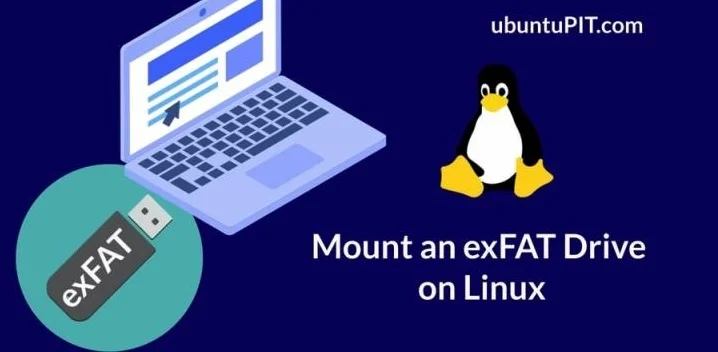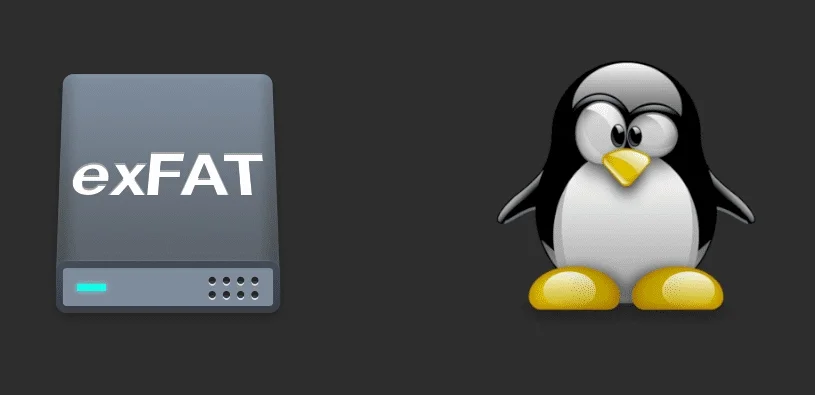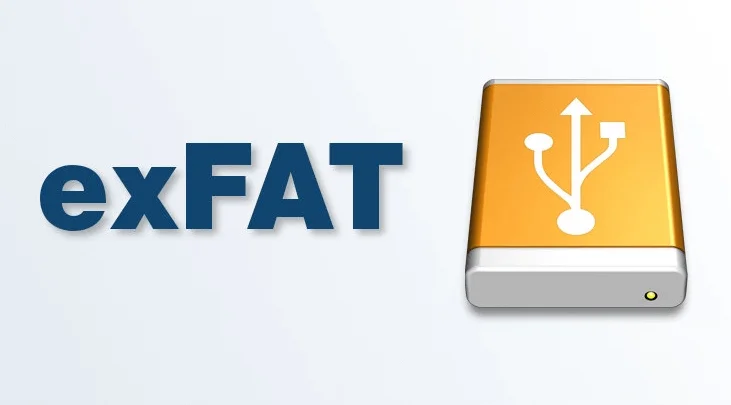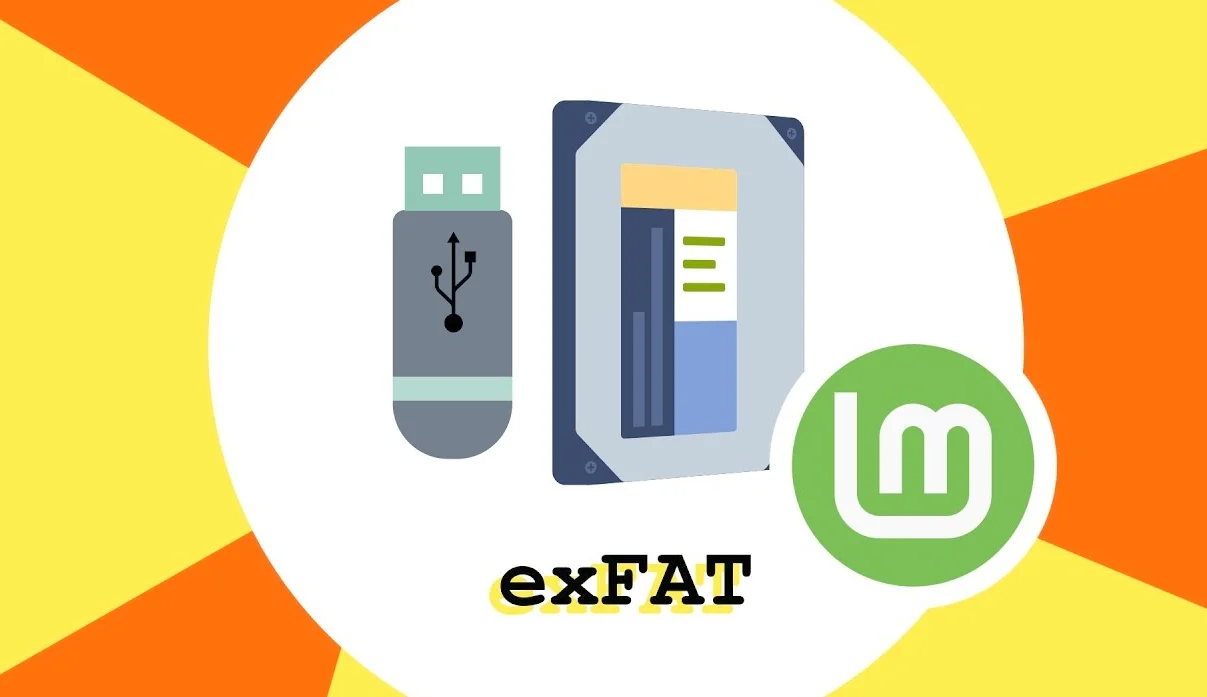Despite being launched over a decade ago, exFAT continues to evolve, and this latest update stands out for its impact on the speed of file deletion.
The speed with which your PC or mobile manages files can make a big difference to your daily experience. That’s why storage systems like exFAT are still essential, especially if you work with a lot of data or use external disks and USB sticks.
Although it was originally released in 2012 and opened to the public in 2019, it continues to receive important improvements. The latest development comes from Sony, where engineer Yuezhang Mo has developed a key update for exFAT in Linux.
It should be noted that his contribution has made deleting large files up to 172 times faster, something especially useful if you handle videos or very large files. So, this improvement offers extraordinary performance that benefits all users.
Deleting 80 GB now takes less than 2 seconds

The key to this huge improvement lies in a very specific optimization within the kernel Linux 6.15. Yuezhang Mo introduced several crucial changes that have dramatically increased the speed of deleting files on exFAT.
To better understand the impact, imagine that before, deleting a large file of approximately 80 GB could take almost five minutes (specifically 4 minutes and 46 seconds), while now, after applying these changes, the same operation is performed in just 1.6 seconds.
Among the modifications included, those related to the “discard” option stand out, an option that allows the file system to immediately inform the device (for example, an SSD drive) when a storage block goes from being used to being free.
Previously, exFAT performed this process block by block, slowing down the system and sometimes causing failures. Now, with the implemented improvement, blocks or clusters are deleted in groups if they are contiguous, thus drastically speeding up this operation.
But the improvements don’t end there. The changes have also corrected critical problems such as memory corruption, incorrect error handling and the elimination of redundant code. They even fixed an annoying infinite loop that slowed down the system under certain conditions, improving the stability of the file system.
It should be noted that the update, already integrated into the extraction application for the Linux 6.15 kernel, promises to mark a before and after in the user experience, especially if you use devices such as external hard drives, USB sticks or Android phones with flash memory-based storage.
What is exFAT and why is it important?

The exFAT (Extended File Allocation Table) file system is an evolution of FAT32 created by Microsoft Windows to overcome significant limitations such as the maximum file size of 4 GB. It supports very large files, which is crucial for high-definition videos, games and other multimedia files.
Its main advantage lies in its ability to work on multiple operating systems such as Windows, macOS and Linux, making it ideal for external hard drives and USB drives that are shared between different platforms.
Furthermore, thanks to Microsoft releasing its source code in 2019, exFAT has become a popular and open option within the Linux community. With Sony’s recent improvements to the Linux kernel, it is now positioned not only as a compatible and flexible solution, but also as an efficient alternative for handling large volumes of data.
This makes the update especially relevant for you if you use external storage systems, Android devices or any hardware based on flash memory. It has never been so fast to erase large amounts of data as it is now.
Ubuntu breaks with GNU/Linux and opens a new stage in its development

Ubuntu is about to take a historic turn that will leave no one indifferent. Starting with version 25.10, Canonical will begin to replace the classic tools of the GNU Project, such as ls, cp or rm, with new versions developed in Rust, a modern language that focuses on security and performance from the ground up.
This change is not only technical, it is also symbolic. For decades, GNU and Linux have gone hand in hand as pillars of free software. But by replacing the essential components of GNU, Ubuntu is beginning to distance itself from the traditional model that has defined many distributions.
Furthermore, by adopting more permissive licenses, Canonical allows its software to be integrated into proprietary projects without the obligation to release the modified code, something that could completely change the relationship between companies and free software.
This implies much more than an improvement in speed or stability; it is an ideological transformation in the Linux world, in which innovation is prioritized over the classic principles of open source. And if other distributions follow the same path, the days of the term GNU/Linux may be numbered.




